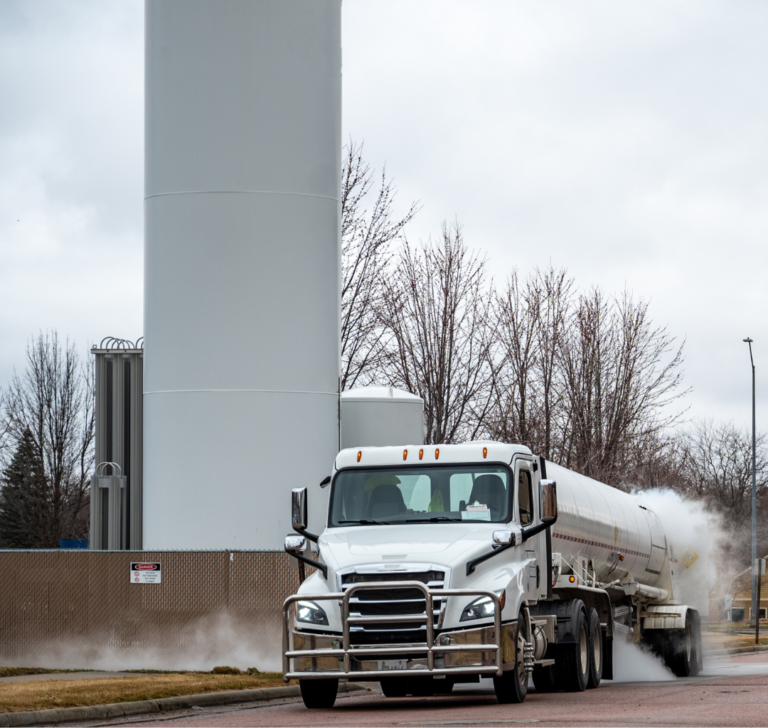California's new emission laws have prompted a lawsuit against the state.
California’s new emission laws, which require both in-state and out-of-state companies to report on their supply chain emissions and mitigation efforts, have prompted a lawsuit against the state. This lawsuit was filed by the United States Chamber of Commerce, the American Farm Bureau Federation, the Western Growers Association, and two Californian business groups.
The legal action argues that these state laws force thousands of companies to make costly and politically charged disclosures about their operations in California and worldwide. They accuse the California Air Resources Board (CARB) of violating the First Amendment by compelling companies to make controversial statements and pressuring them to adhere to the state’s political agenda.
The new corporate disclosure laws mandate that companies report emissions throughout their supply chains, including indirect emissions, despite the difficulty in accurately calculating them. They also require companies to subjectively report on their climate-related financial risks and proposed mitigation strategies worldwide. The laws have faced criticism for attempting to apply to companies across the US and the world with minimal operations in the state, seen as an attempt to establish a national standard.

The legislation requires companies to cover CARB’s administrative costs through an annual fee deposited into a new “Climate-Related Financial Risk Disclosure Fund.” CARB can impose administrative fines of up to $50,000 per year for law violations.
The lawsuit argues that small businesses nationwide are forced to incur significant costs to monitor and report emissions to suppliers and customers, even those beyond the law’s scope, such as family farms belonging to the American Farm Bureau Federation (AFBF).
The lawsuit highlights how CARB’s new powers are affecting businesses outside of California nationwide. It warns that California’s laws, imposing mandatory emissions reporting and compliance requirements on both public and private companies, will have a particularly harsh impact on small businesses.
State Senator Scott Wiener, author of SB 253 and who announced its approval last year, dismissed the lawsuit, arguing that costs and implementation are manageable for companies. However, California lawmakers were warned about potential legal challenges in a state fiscal analysis last year. In September, the implications of SB 253 were discussed in the State Senate Rules Committee, indicating potentially significant costs for the state’s Department of Justice due to litigation stemming from the law.

The story of the first car race in Paris: a historic hit in 1894
Paris stands not only as a cultural and artistic epicenter but also as a pioneer in car racing In the history of automotive racing, Paris

Top states for driving in the United States in 2024
A WalletHub study compared all 50 states to determine the best driving conditions Road safety and quality are central concerns for drivers. And while the

Briefs: marijuana reclassification, vehicle fees, and climate grants
The trucking industry goes through new legislation, taxes and subsidies Questions about the proposed reclassification of marijuana The Owner-Operator Independent Drivers Association (OOIDA) supports the

Impact of traffic pollution: study reveals increase in blood pressure
A study from the University of Washington in Seattle reveals that the main cause of significant increases in blood pressure might be traffic-related gasses A

The benefits and careers of a Commercial Driver’s License
Having a CDL opens multiple doors within the trucking and transportation industry Having a Commercial Driver’s License (CDL) opens multiple doors within the trucking industry,

Sharing the road with a truck: steps to ensure your safety
Caution around blind spots and anticipating truck maneuvers are essential to ensuring everyone’s safety Truck drivers face significant challenges on the road due to their
